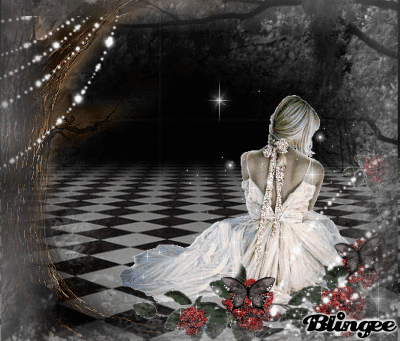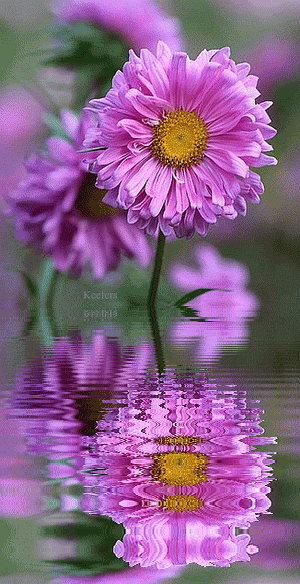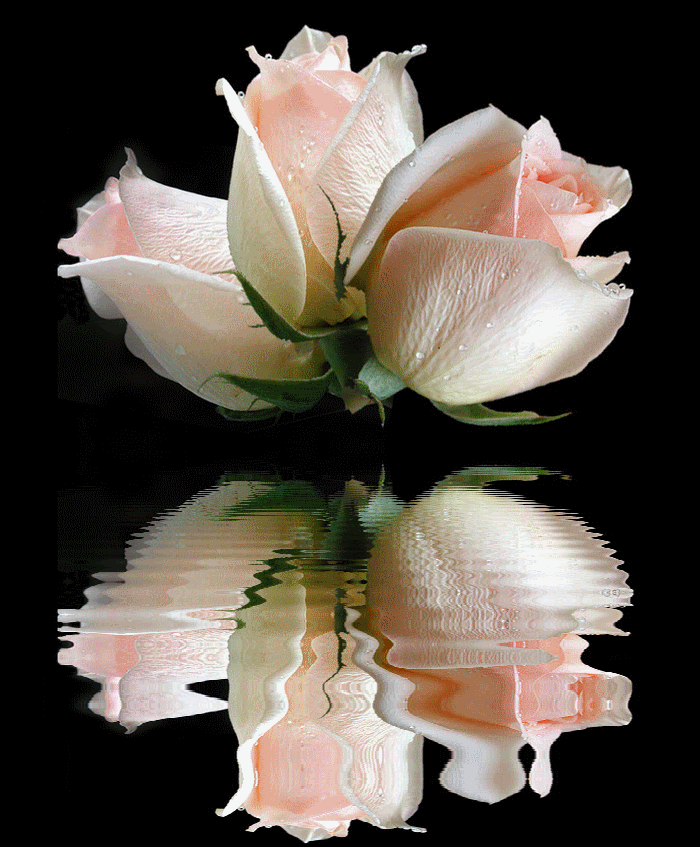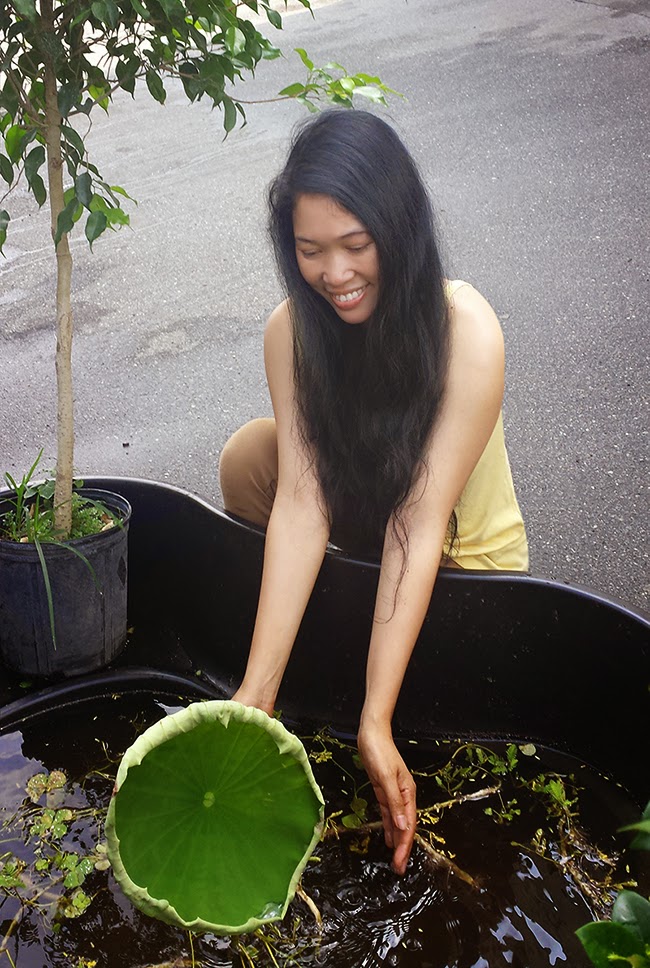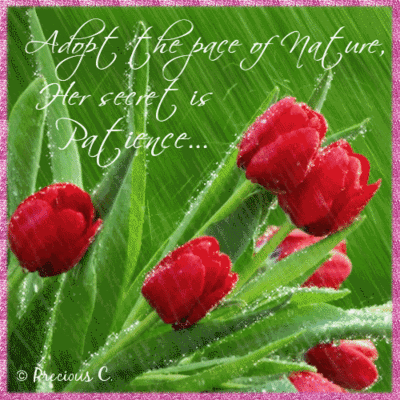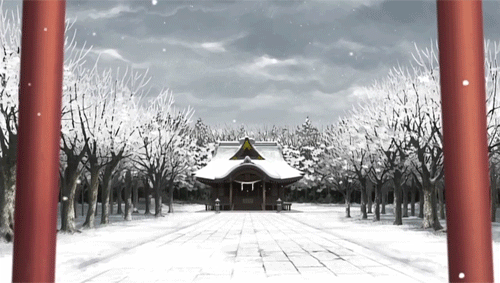You may overcomplicate things. By overthinking things you make them more and more complicated in your mind. You can turn something fairly simple into a really complicated and big mess. And so it goes from something you can do with some discomfort and persistence into an epic battle where you keep moving inch by painstaking inch.
A problem here is that when what you are doing is difficult and complicated then you and others think that it must be important. And so you feel important. You derive a sense of importance from making things into big struggles.
You’ll perform worse. If you overthink things you may overcomplicate them. And so you become nervous and start to second guess yourself all the time. It also becomes harder to focus on doing something when you have a have a habit of thinking a lot. You may often slip into possible future scenarios in your mind instead just focusing on what you are doing right now.
All of this can cripple your performance and produce results that are worse than they could have been.
Source: The Positivity Blog



